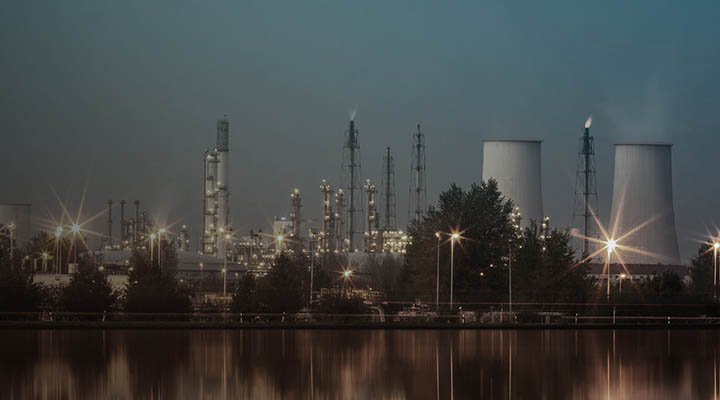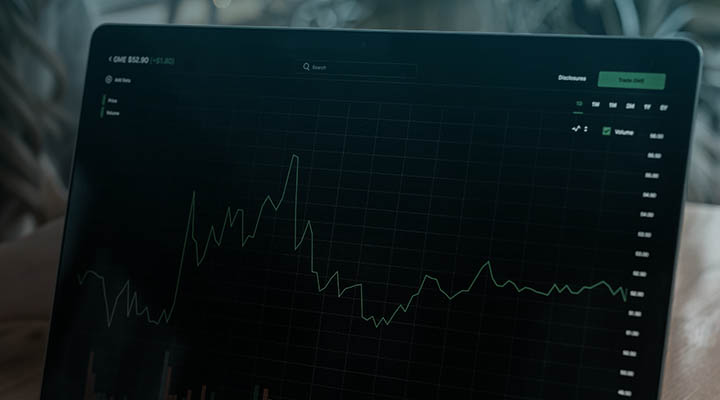COVID-19 is without a doubt the single largest global crisis we have seen in decades. The pandemic is evolving at unprecedented speed and scale, impacting every part of our personal and professional lives. Leaders across all industries must now make rapid decisions, with a bias towards immediate action, to protect and support their workers while ensuring that critical business operations continue.
The crisis has put many countries in lockdown and a wide range of industrial and commercial activities on pause. This has resulted in a demand-side shock that is still rippling through the global economy. Coupling with the ongoing OPEC+ disputes between Saudi Arabia, Russia and the USA that drive uncertainties in oil prices, the Energy industry is in a truly turbulent and challenging time.
Being rigorous in safety has always been the tradition for the Energy industry. The industry responded well to the COVID-19 situation with early implementation of remote working and measures for continuing business-critical operations. In addition, the industry has been working closely with governments to devise plans for maintaining stable supplies and providing emergency financial support to people during this pandemic.
However, despite the immediate and, in our opinion, correct response to the crisis, the Energy industry is inevitably suffering from the substantial drop in demands and reduction in profitability due to low oil prices. Many are announcing broad capital and discretionary spending cuts, and some have already taken actions on job cuts.
It is important that the industry needs to recognise that as it progresses through the Recover, Regroup and Renew phases, each will be different. This means that the industry needs to be taking measures that enable survival in the near term and positioning to thrive in the medium to long term.
Recover: Dealing With The Current Situation And Managing Crisis And Continuity Plans
Safety and Hygiene ActionsProvide well-structured content to educate employees about COVID-19 and the actions that need to be taken for preventative measures. Devise and implement plans to ensure employees, especially those work in the field, take the government-advised preventative actions, for example strictly following the social distancing rule.
Emphasis on Supply SecurityThe time of crisis is probably the best time to build brand reputation and image, through providing secure and stable supply to those who need it. With customer service centres impacted, new and effective communication channels need to be quickly established to ensure that energy will be delivered to customers without disruptions. In operations, responsive work plans need to be devised and established to resolve issues swiftly.
Mitigation of Supply Chain DisruptionThere will inevitably be disruption in the supply chain, for example vendors or suppliers may not be able to complete orders or capital works due to equipment shortages or absent employees. New processes need to be established to review the existing and potential disruption, assess the size and complexity of the associated risks, and devise and deploy mitigation methods, at speed
Protect the Core and the PeopleReview short and mid-term business plans and prioritise activities for core operations to ensure they can be maintained with as little disruption as possible. Re-evaluate OPEX and create plans to avoid or delay job cuts as much as possible to maintain brand reputation through the provision of job security, as well as improving employee loyalty.
Regroup: Organisations Can Emerge Stronger
Digitisation and DigitalisationKnown as a ‘traditional’ industry, the Energy industry still has a lot of paper-based processes that require manual review and sign-off. Investing in technologies to digitise and digitalise these processes will allow more efficient business operations, for both office and remote ways of working.
Internet of ThingsThe Energy industry spends a lot of CAPEX on maintenance each year. Routine maintenance activities mostly use fixed schedules, for example at 1 / 2 / 5 year intervals. In most inspection cases, the assets are running with little or no issues, but it normally takes an engineer a few hours to conduct such inspections, resulting in not-so-meaningful business outputs. Bringing IoT capability into the business will provide operational insights of the assets (e.g. status, fault types) to enable targeted maintenance; and allowing resources to be used more efficiently to execute tasks with more tangible business benefits.
Data AnalyticsWith IoT enabled, the Energy industry will have access to an ocean of data. It is vital for companies to develop in-house or outsource data analytic capabilities to effectively convert that data into meaningful and actionable business insights. This will include the development of a data strategy, a data-driven business model and a range of tools from data collection, cleaning, storage and analysis.
Organisational OptimisationThere is no doubt that the current COVID-19 crisis is putting a lot of the industries’ capabilities to test. In the aftermath, it will be important for companies to review their capabilities, across people, processes, technologies, and methods, to identify opportunities for improvement. This will not only prepare companies to deal with similar situations in the future but will also help improving their business as usual performance.
Renew: Preparing For The New 'Normal'
Grow into Adjacent Industries around the CoreMost of the existing companies in the Energy industry have very robust core operations which can be used as a solid foundation to explore and get into the adjacent industries, e.g. a power supplier can also become an electric vehicle equipment supplier utilising its existing consumer base. Implementing this strategy will diversify the portfolio of products and services to increase long-term competitiveness.
Data MonetisationWith increasing investments in data technologies, the Energy industry is gaining a better understanding of the value of the enormous amount of data available to them. Data can be converted into insights for improving operations, traded to generate revenue, and used to develop new business models with new partners to thrive in a new ecosystem.
Innovation & CreativityAdopting new technologies with vision and speed will be key for companies in the Energy industry to succeed in the long term. Devising strategies around emerging technologies such as Blockchain, AR/VR to apply to existing business models and the development of new ones will help companies to maintain competitiveness, especially through efficiency improvement and cost saving on their bottom line.
Published
April 29, 2024Reading time
3 minutesRelated posts





